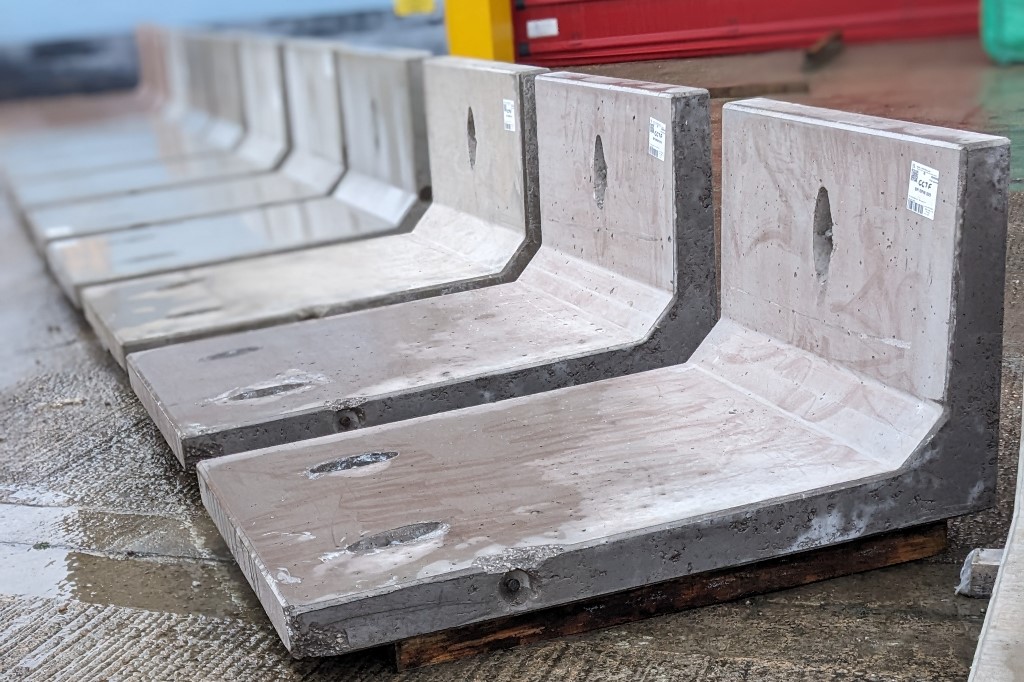Using waste clay and brick in cement production could reduce the material’s embodied carbon by up to 3%, according to a new report*.
A two-year study led by the Mineral Products Association (MPA) with funding from Innovate UK has shown that UK reclaimed clays and finely ground brick powder can be used as calcined clays in cement and concrete manufacturing to deliver lower emissions compared to the market-leading CEM I cement.
The research also indicates that calcined clays from these sources have the potential to divert 1.4 million tonnes of material from potential waste streams if the materials were adopted by the UK construction industry.
Currently a popular ingredient for lowering the carbon content of cement is ground granulated blast-furnace slag (GGBS) and fly-ash but these are waste products of the steel industry that are disappearing as that sector cleans up its act and decarbonises.
A report from the Institution of Structural Engineers and others last year described GGBS as “a limited and constrained global resource” and alternatively decarbonising agents for concrete and cement were required.
The MPA says that clay, as a naturally abundant material in the UK, can offer that much needed alternative to disappearing industrial by-products.

In other parts of the world, calcined clays are used as a secondary cementitious material but until now they have not been officially tested in the UK.
Two heating methods were trialled to prepare the clay for use in cement and concrete: commonly used rotary kilns, and the more innovative ‘flash heating’. Both methods have been shown to produce high-quality calcined clays, and with no significant difference between techniques.
The project has been supported by Heidelberg Materials UK, Tarmac, Imerys Minerals, Forterra, University College London and University of Dundee.
MPA director Diana Casey said: “Using brick waste and reclaimed clays will not only lower carbon and reduce waste but has the potential to create a whole new market if these clays become widely used in the construction industry, helping to retain economic value in the UK, secure jobs and attract investment.”
The development of low carbon cements and concretes represent one of seven key levers in MPA UK Concrete’s Roadmap to Beyond Net Zero. The roadmap sets out the UK concrete and cement industry’s own commitments to delivering net zero and builds on its decarbonising the industry by 53% since 1990.
* The report is available at cement.mineralproducts.org/Innovation/Reclaimed-calcined-clay-cements

